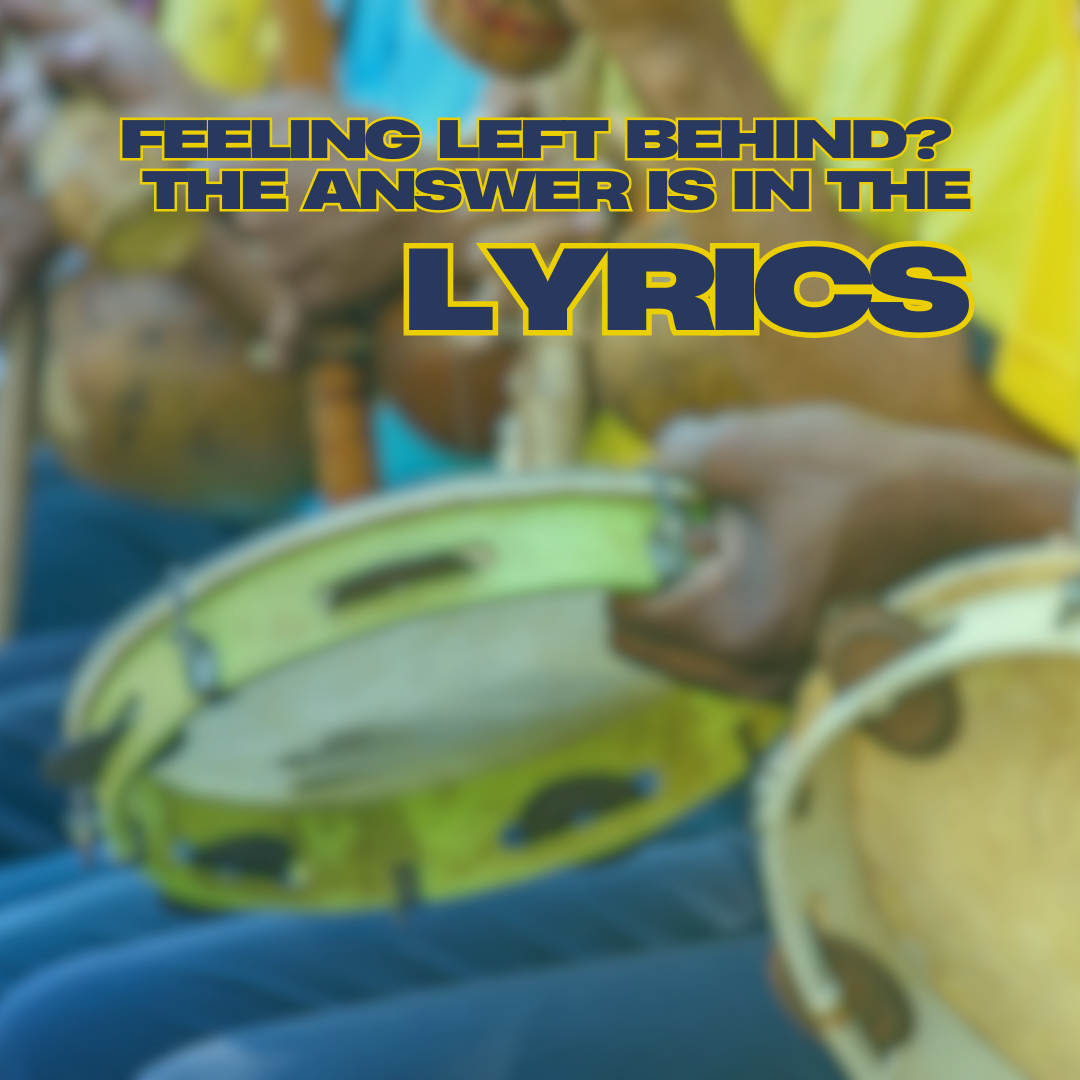Feeling Left Behind? The Answer Is in the Lyrics.
Feeling Stuck in the Roda? Your Next Move Isn't a Kick.
Salve, Capoeirista.
Let’s be honest. We’ve all been there. You look around the academy and see cordas advancing, you see fluid sequences you can’t quite grasp, and you feel the rhythm in your bones but your body just won’t translate it. The fire that once burned bright for every ginga, every au, every meia lua de compasso feels like a flickering ember. You feel left behind, and the path forward seems foggy.
This isn't a sign of failure. It’s a sign that you’re human. And more importantly, it’s a sign that your Capoeira is calling for a different kind of evolution.
We often think progress is only measured in higher kicks and faster sequences. But what if you’ve been training only one part of the game? What if the key to unlocking your next level isn't in your body, but in your mind and soul?
So, how do we rewire ourselves and find that spark again? The answer is as vast as the ocean, but the path I want to offer you today is the one that leads to the very heart of Capoeira: the music.
The Gateway: From Curiosity to Connection
Maybe you’ve been going through the motions with the pandeiro, or singing the ladainhas without truly feeling them. That’s okay. But the minute you get genuinely curious—truly curious—everything changes.
Start simple. Ask your Mestre or a more advanced student: "What is the difference between the rhythm of Angola and São Bento Grande?" Pick up the berimbau not with the pressure to master it, but with the wonder of a child discovering a new sound. Feel the vibration of the arame and the gourd against your body. This isn't just practice; it's a conversation with an ancient instrument.
When you start learning the rhythms, you start to understand the intention behind the game. A slow, deep Angola game isn't just "slow", it's a dialogue of cunning and trickery. A fast São Bento isn't just "fast", it's an explosion of energy and celebration. This knowledge transforms how you move. You stop performing Capoeira and start living it.
The Deep Dive: Where the Magic Lives
But this is only the beginning. The true, life-changing journey starts when you get to the core: the lyrics.
Yes, they are in Portuguese. Yes, it’s a barrier. But see it not as a wall, but a door.
First, you translate. You learn that many songs are a call and response with roots in indigenous and Afro-Brazilian traditions. But then comes the essential next step: you go beyond the words. You dive into the culture, the metaphors, the history.
A song about the sea isn’t always about the ocean; it’s about the journey from Africa, it’s about the depths of the soul, it’s about saudade, a longing so profound it has no English equivalent. A song about a bird isn’t just an ornithology lesson; it’s a metaphor for freedom, for escape, for perspective.
Traveling Through Time in a Song
This is where the real rewiring happens. When you sing "Berimbau é de ouro, pandeiro é de prata...", you are no longer just in your academy. You are transported. You are in the senzalas (slave quarters), you are in the hidden *rodas* in the forests of Bahia, you are feeling the struggle, the resilience, the rituals, the axé of your ancestors.
You connect with the fact that Capoeira was a dance of resistance, a art of survival. The people who created it had every reason to give up. Their struggle was immense. Yet, they found the strength to create beauty, community, and power from within their suffering.
When you feel disconnected or without support, remember this: you are part of an unbroken chain of resistance and joy. The game you play carries centuries of history in every movement and every note. This connection is the most powerful support system you could ever ask for.
Your Challenge, Should You Choose to Accept It
If you’re feeling stuck, I challenge you to this: For one month, shift your focus. Let your physical training be important, but make your musical and historical study essential.
* Pick one song. Just one. Learn the Portuguese lyrics.
* Understand its story. What do the metaphors mean? When is it traditionally sung?
* Feel its weight and its joy. Sing it with intention in the roda.
You will find that this knowledge doesn't just stay in your head. It seeps into your ginga. It changes the look in your eyes during the chamada. It gives your movements a depth and intention they never had before.
The roda is a mirror of life. There are highs and lows, moments of attack and defense, times you lead and times you follow. Feeling stuck is just a queda de rins, a temporary descent before you rise again, stronger and more aware.
The music is your compass. The history is your strength. Dig deeper, Capoeirista. Your greatest game is waiting.
Axé!


